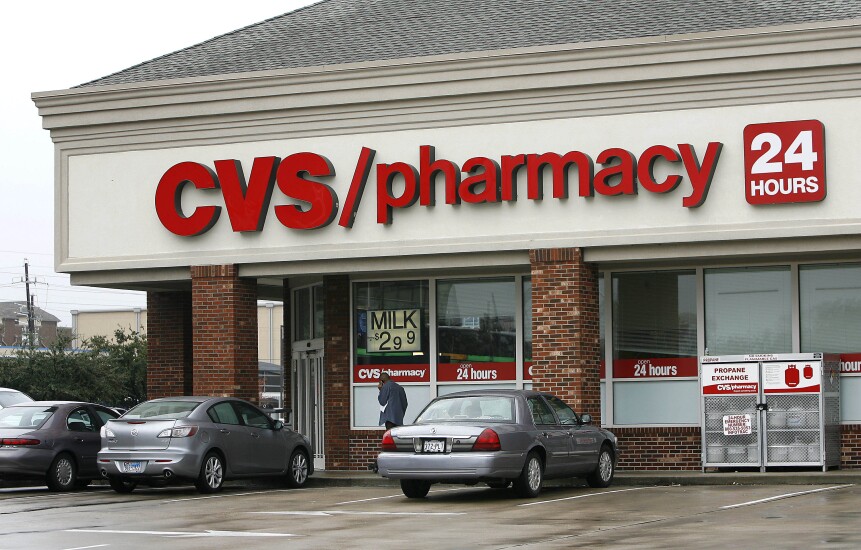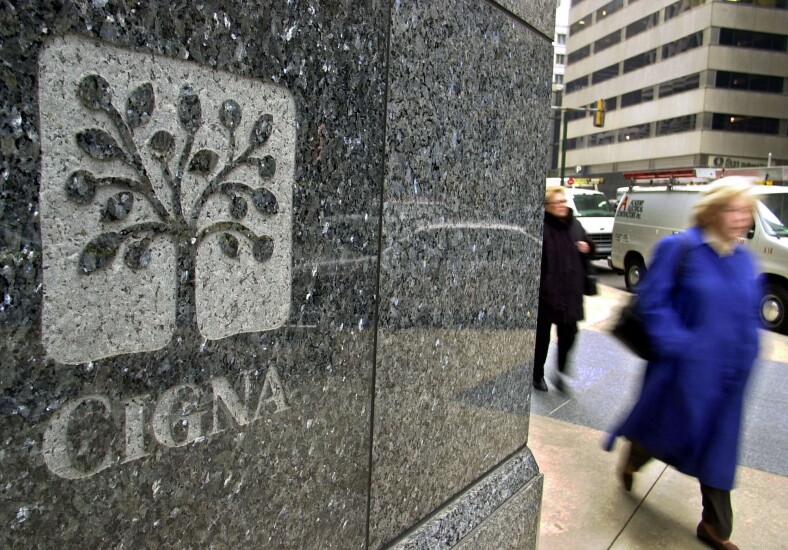Healthcare’s new order
April 24, 2018 5:22 AM








HostingAdvice surveyed 3,000 Americans to find out which career path they are the most envious of.
Helping employees reach financial stability is a critical part of running a successful business.
An HR expert shares his tips on how to keep controversial topics from ruining your company's culture.
Thoughts on the future can help employers get a jump on what will set them apart, starting now.
Keith Giarman, president at DHR Global, explains how employers can better approach the RTO debate.
Employment lawyers argue the decision may create issues for DEI programs that support underrepresented groups in the workplace.